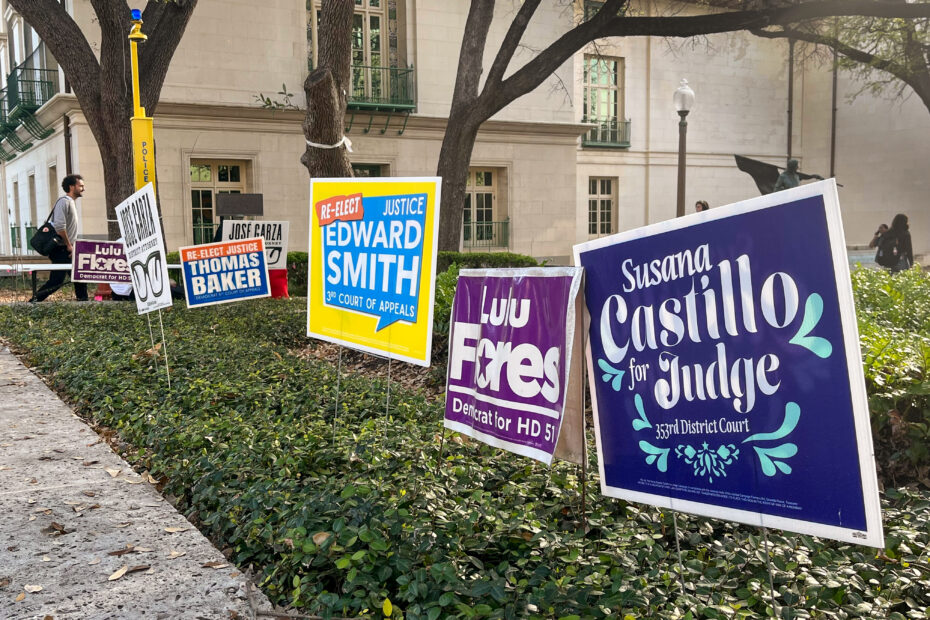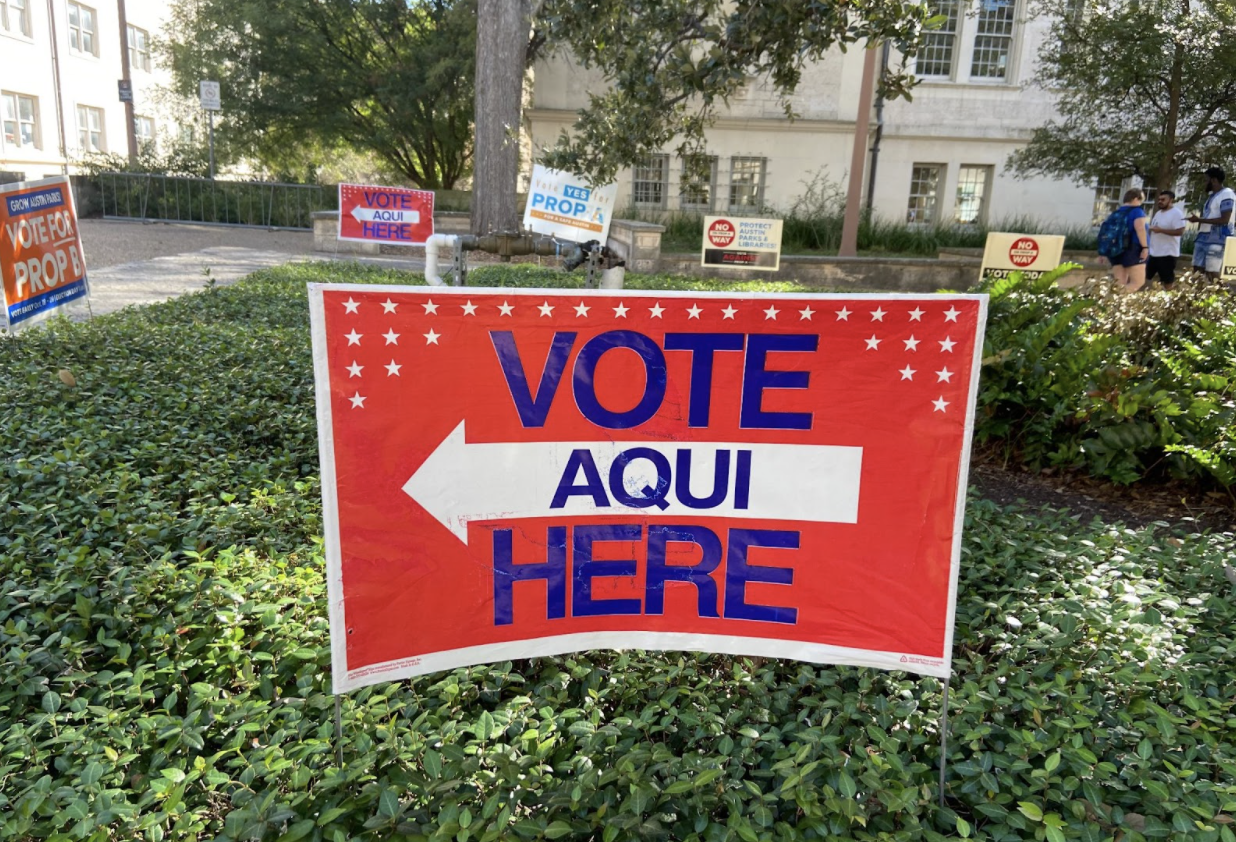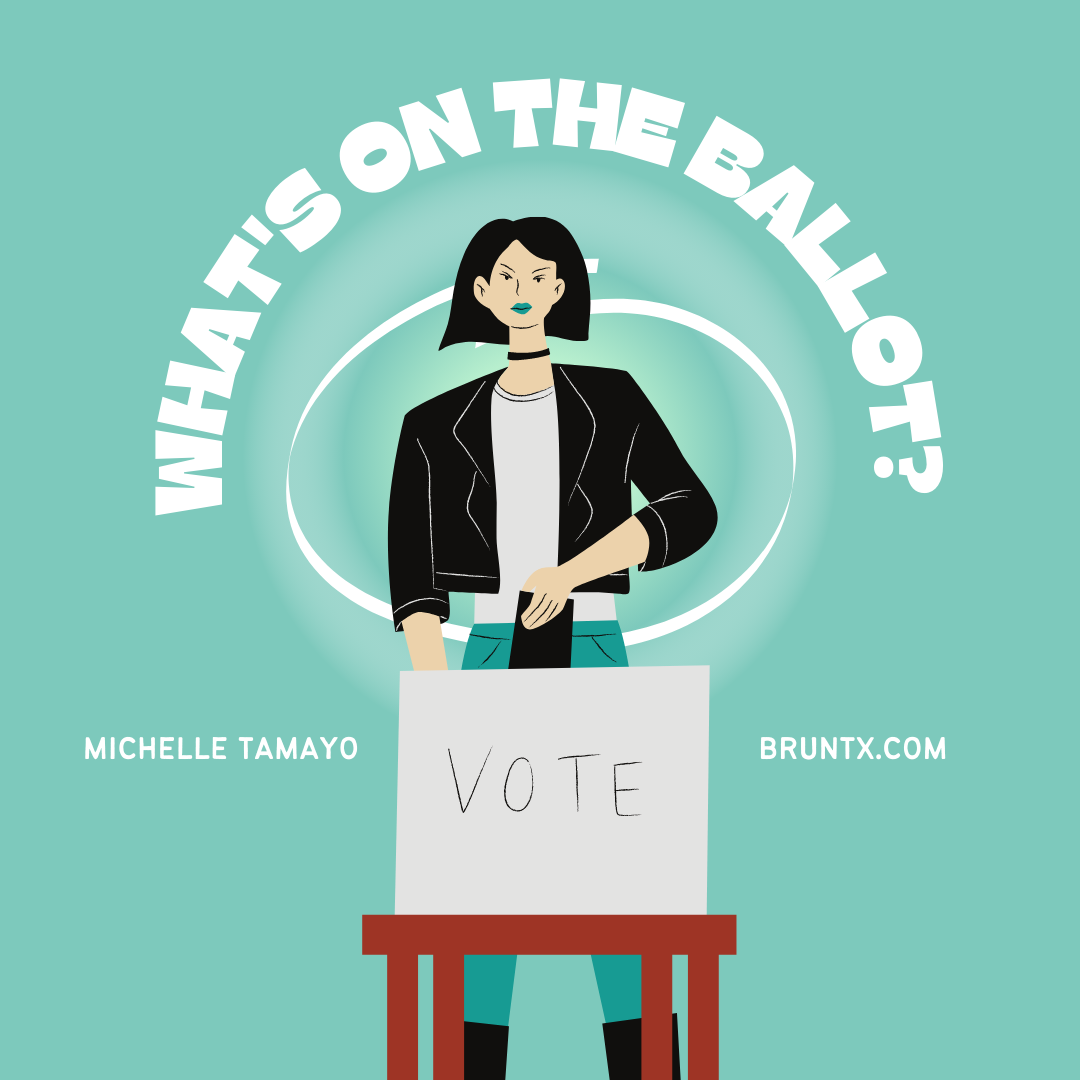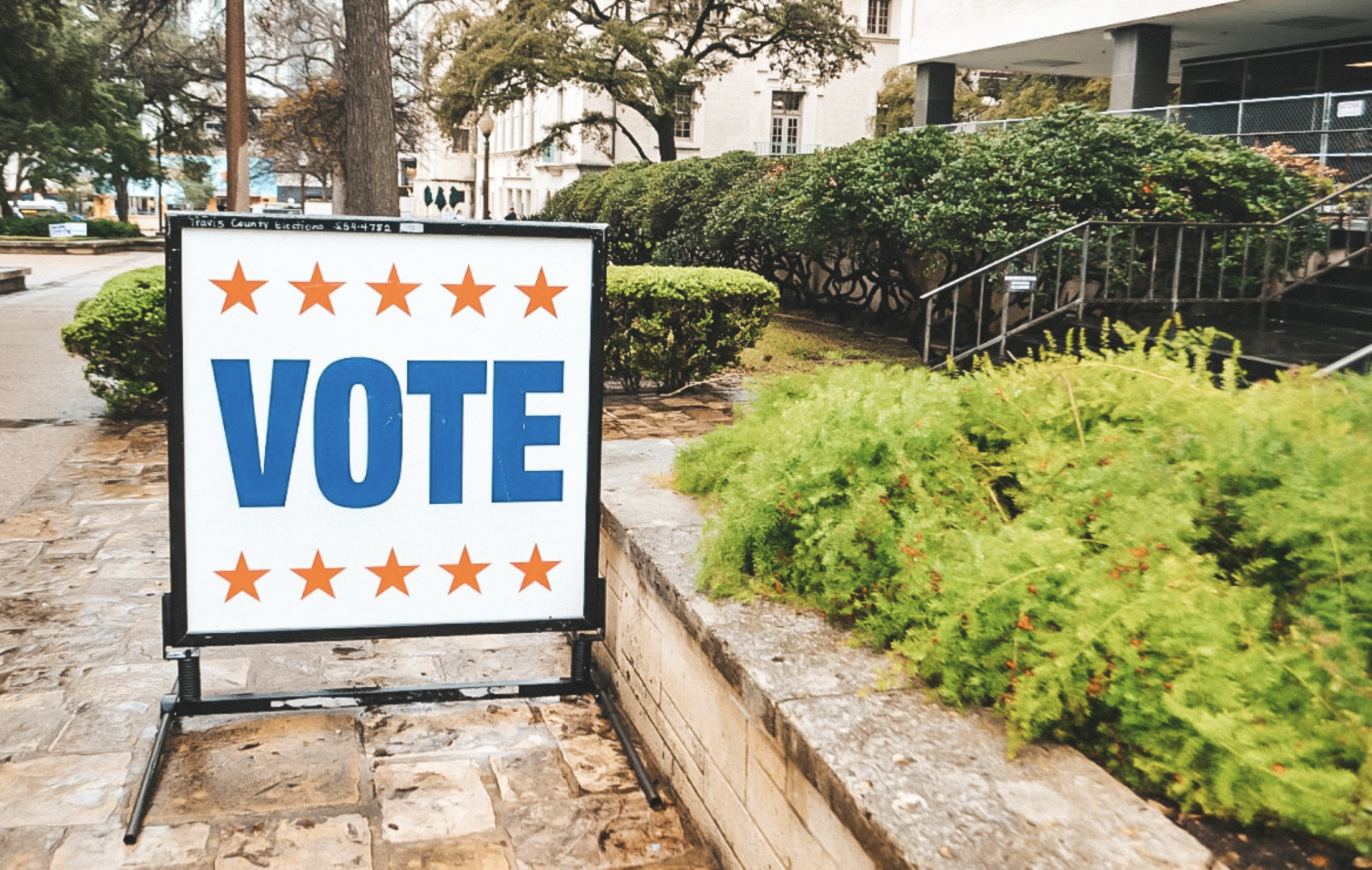Ballot or Bust: Students Make Their Voices Heard
The primaries kicked off this election year on March 5 and students across The University of Texas organized to vote or encouraged others to. UT… Read More »Ballot or Bust: Students Make Their Voices Heard



